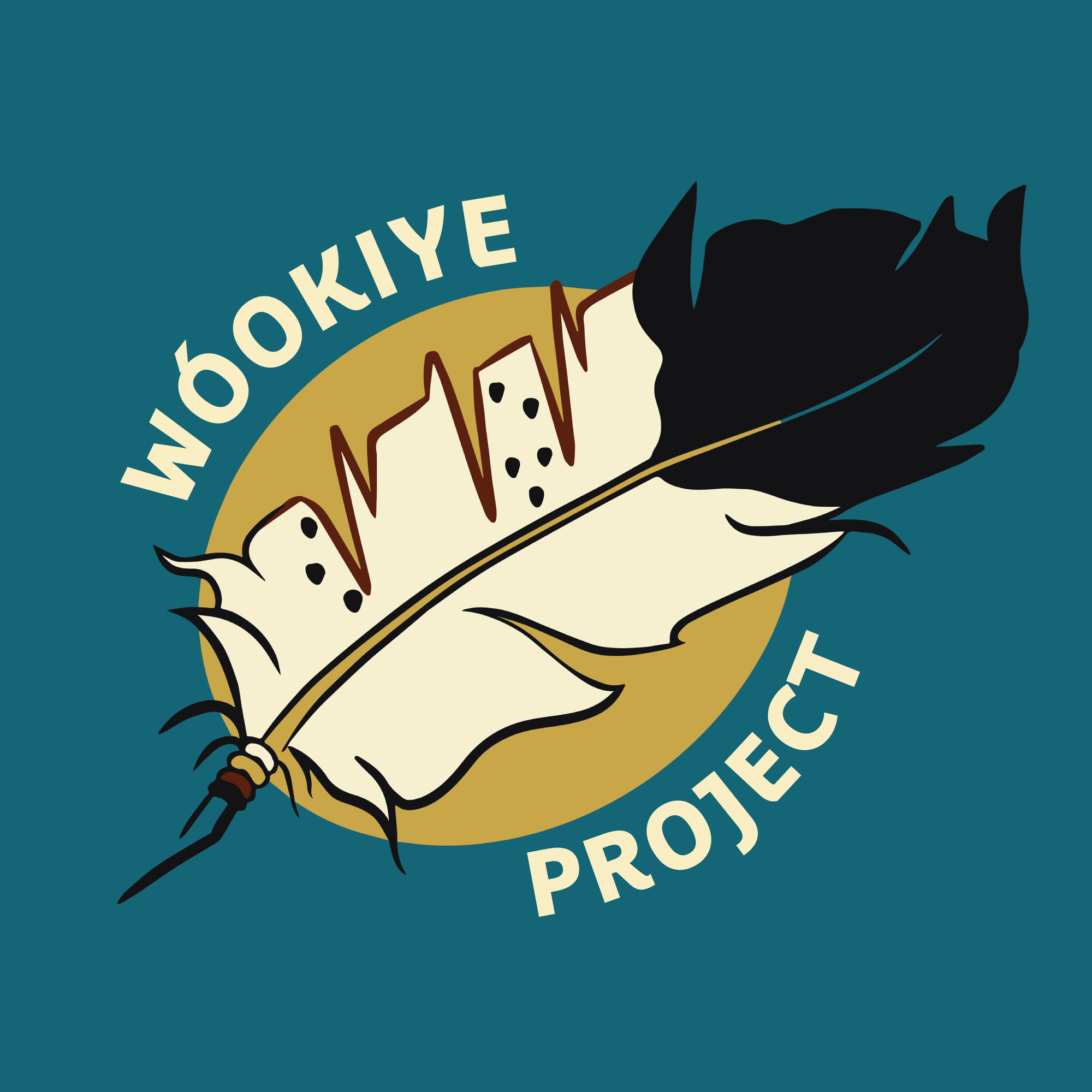Simplified: South Dakota Urban Indian Health (SDUIH) is launching a pilot program next month to bring street teams to directly help people in need – and hopefully avoid situations that escalate to where they're arrested for low-level crimes. Meet the Wo'Okiye Project.
Why it matters
- The Wo'Okiye Project was born out of the MacArthur Foundation's Safety and Justice Challenge – an effort to reimagine local criminal justice systems and reduce the overall jail population.
- The goal of the Wo'Okiye Project is to give people an alternative to calling police when they see someone in need of assistance. The focus is largely on people with housing insecurities, but it's not limited to that group.
- When you look at the unhoused population in Sioux Falls, Native American people are disproportionately represented. SDUIH hopes that by having their organization – whose staff is 70% Native American – leading this effort, they'll be able to build trust and really make an impact in helping people.
"Approaching healthcare and community work and all of these things with a cultural lens and those Indigenous values has created relationships and trust that no other health organization or community organization has been able to do to connect with folks," SDUIH CEO Michaela Seiber said.
How did this project come to be?
Minnehaha County was a recipient of the MacArthur funds four years ago.
- It's through that grant and the resulting partnership with SDUIH that the Wo'Okiye Project was born.
That grant is up for another two years of funding, Judge Robin Houwman told the County Commission on Tuesday, but the focus now is on ensuring programs created by the grant can continue once grant funds run out.
- The Wo'Okiye Project is a major program the county and SDUIH want to ensure continues, Houwman said.
"(The project will) reduce the need for individuals and their relatives in crisis to interact with law enforcmeent and to deescalate situations in our community," she added.
How will the Wo'Okiye Project work?
The plan is to function similarly to a mobile crisis team, but the ultimate goal is to provide wraparound services that go far beyond the immediate need, Seiber said.
- There are similar programs, like Journey On in Rapid City, but Seiber stressed that the Wo'Okiye Project is its own unique program.
In practice, it'll look like people out on the streets providing direct outreach.
- SDUIH is working with the Sioux Falls Police Department to identify parts of town where unhoused people tend to hang out – and often where things like panhandling and trespassing occur, Seiber said.
- The outreach people will be in teal shirts, so they're easily identified as helpers, and they'll go out and talk to people, providing help as needed.
That help could look like a number of things, Seiber said.
- It might be connecting someone with SDUIH's medical clinic, or with behavioral health resources in town.
- It might start with something as simple as a water bottle, but then connecting that person to broader medical and social services.
"It’s not our best use of law enforcement to have them responding to someone just passed out on the side of the park just because they drank too much," Seiber said, noting that ideally someone would call the Wo'Okiye Project instead of police in that instance.
Isn't this the same thing the city just agreed to start?
Similar, yes.
The Sioux Falls City Council recently approved $250,000 in funding for a two-year pilot project for a street outreach team to help unhoused people in town.
That project is just an idea right now – it hasn't yet released a request for proposals for someone to take it over.
- Seiber said the Wo'Okiye Project will be applying to be a city partner in this and hopefully expand the work they're doing.
What happens next?
The Wo'Okiye Project will launch a pilot program starting in May.
It's unclear at this time the city's timeline for choosing a partner for its own street outreach team, but it'll be worth watching if they opt to join forces with the county and SDUIH in this effort.


